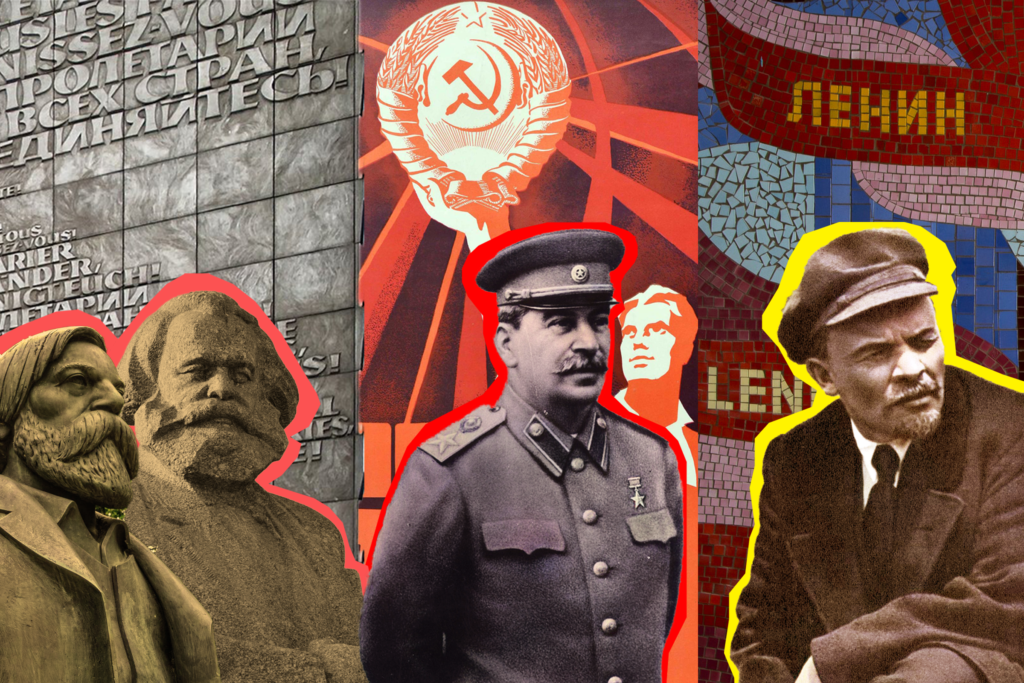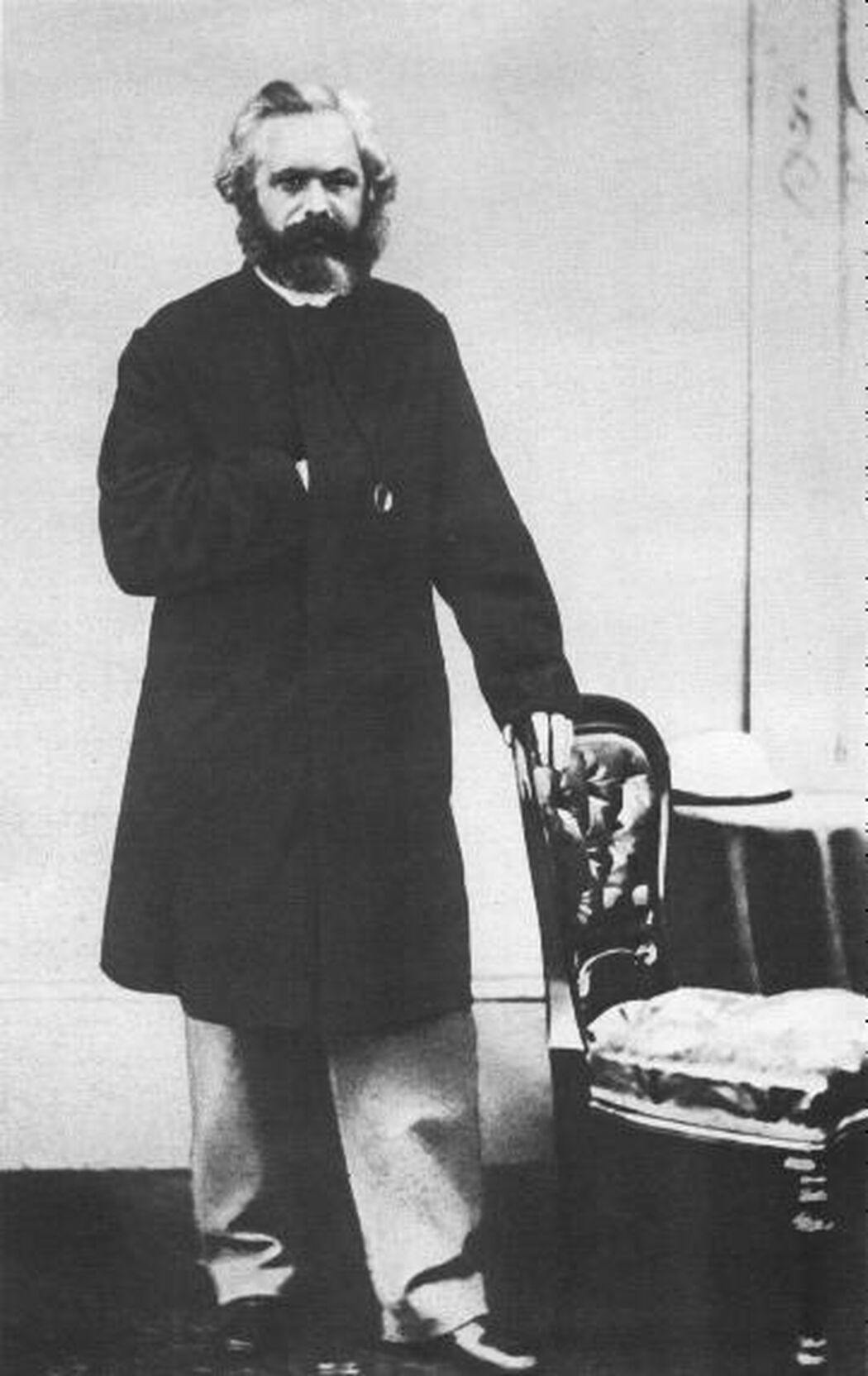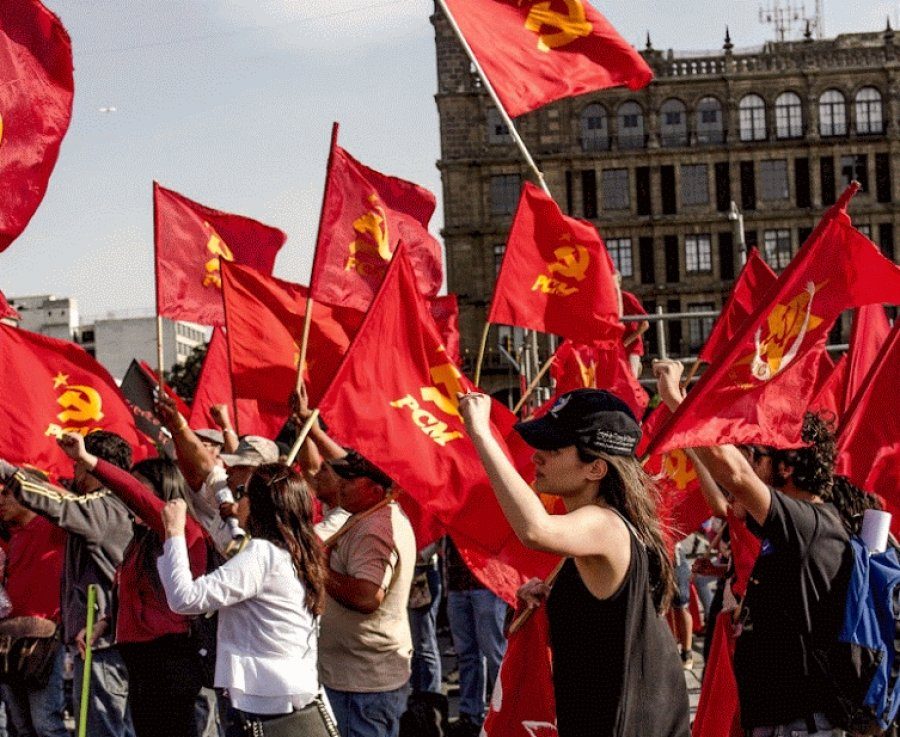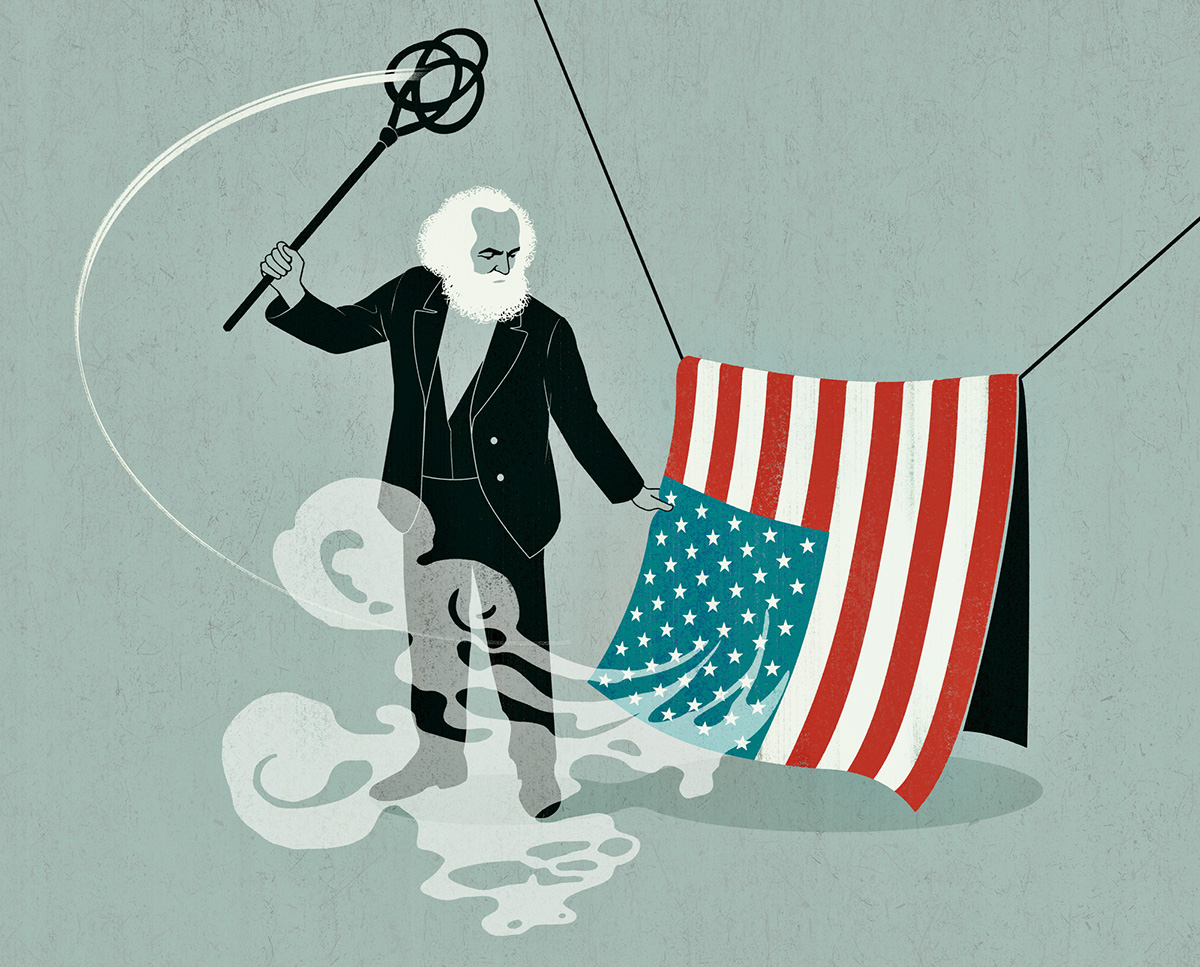Even among many contemporary Communists, the nature of Marxism-Leninism is not adequately understood. Some treat it as a label of affiliation, a way to identify that one aligns with the larger movement of Communism. Others treat it as a mere philosophical position, an immature idea in its own right that can only develop when positioned against a different, more matured school of science. However, Marxism-Leninism is a mature and developed scientific school of study, it is the scientific structure by which we can study and develop economic, political, and social relations, as well as the science of applying revolutionary change.
Marx himself treated the development of his ideas as a scientific one, as shown in the 1867 Preface to the first German edition of Das Kapital: “In the domain of Political Economy, free scientific inquiry meets not merely the same enemies as in all other domains … Every opinion based on scientific criticism I welcome. As to prejudices of so-called public opinion, to which I have never made concessions, now as aforetime the maxim of the great Florentine is mine: ‘Segui il tuo corso, e lascia dir le genti.’ [Follow your own course, and let people talk – paraphrased from Dante]”1
In reading Das Kapital, we don’t see a simple adaptation of positions based on idealistic dogmatism, we don’t see a mechanistic refutation of opposing ideas based on nothing as when anticommunists will rely on “common knowledge” arguments; we see a methodological, scientific deconstruction of political economy, we see a continuation of the scientific laws established by the original philosophers applied to the analysis of the development of economy and society as a whole.
This misconception results in several fundamental errors, which I will explain here.
The first is the error of approaching Marxist education through the rote memorization of ideas and concepts. Self-professed Communists will attempt to learn our phraseology and slogans without ever understanding our principles, will champion the rallying cry of class struggle while never understanding its practice and development. In doing so, they become dogmatists, rigidly adhering to the concepts of Marxism as they learn them, rather than learning the principles of Marxism behind those concepts and actively applying them to developing situations.
The second is the error of believing that their individual understanding of Marxist concepts holds equal, or even greater, weight when measured against the collective school of Marxist theory. People will join the Party who believe that they are the purist Marxist, that they are the true revolutionary who understands the theory better than anyone, that those who oppose their existing understanding of Marxist concepts are revisionists and opportunists. They will claim to attempt to learn our ideas while professing an already existing expertise. If you already know our theory, and singularly hold the knowledge necessary to build a revolutionary Communist Party, then what use are we to you? And if you claim to know our theory, independently, better than we do, collectively, then what use are you to us?
Regardless of who is right and who is wrong on a given issue, this individualist approach is decidedly anti-Bolshevik. To be a Bolshevik is to submit oneself to the Majority within the Party, and to apply the principles of democratic centralism in all things related to the Party. If everyone was to attempt to impose their will on the Party when they believed themselves to be right, rather than subjecting themselves to the will of the Party, we would be anarchists. If an aspect of the Party line is incorrect, this is something which can be resolved through the framework of democratic centralism. And make no mistake, comrades, the damage done from breaking democratic centralism is far greater than the damage done from temporarily having an incorrect line.
The third error is those who approach being a Communist as part-time, or hobbyists, rather than treating it with the gravity it deserves:
“Such workers, average people of the masses, are capable of displaying enormous energy and selfsacrifice [sic] in strikes and in street, battles with the police and the troops, and are capable (in fact, are alone capable) of determining the outcome of our entire movement — but the struggle against the political police requires special qualities; it requires professional revolutionaries. And we must see to it, not only that the masses “advance” concrete demands, but that the masses of the workers “advance” an increasing number of such professional revolutionaries.”2
This passage from “What Is to Be Done?” by V.I. Lenin demonstrates the necessity of refining ourselves as Communists to the highest caliber, the transformation of working-class consciousness into professional revolutionary organization. This conception of Marxist theory which reduces it to a simple intellectual exercise, to a mere point on a larger grid of political philosophy rather than the scientific development of that philosophy itself, results in a non-serious approach totally devoid of dedication and discipline, with a total disregard for the scientific rigor demanded by revolutionary Marxism.
The fourth error is the development of ideological eclecticism. If Marxism-Leninism becomes reduced to a mere list of ideas which can be adopted and discarded on a whim, rather than a school of science rooted in dialectical materialism and historical materialism where ideas are accepted on the basis of scientific rigor and concrete analysis, this allows for revisionists and opportunists to manipulate Marxism to their own ends, to dilute both its revolutionary and its scientific nature, ultimately defanging Marxism and rendering it powerless.
As Communists, we cannot accept or reject ideas based on who said them or based on our preconceived ideas of how things should be. That is the approach adopted by Anarchists and Trotskyists. We accept or reject ideas based on whether or not they align with objective reality and hold up to scrutiny and analysis. In “Dialectical and Historical Materialism” J.V. Stalin puts it succinctly:
“Contrary to idealism, which denies the possibility of knowing the world and its laws, which does not believe in the authenticity of our knowledge, does not recognize objective truth, and holds that the world is full of “things-in-themselves” that can never be known to science, Marxist philosophical materialism holds that the world and its laws are fully knowable, that our knowledge of the laws of nature, tested by experiment and practice, is authentic knowledge having the validity of objective truth, and that there are no things in the world which are unknowable, but only things which are as yet not known, but which will be disclosed and made known by the efforts of science and practice.”3
We cannot allow these unserious, idealistic elements to take hold any more than they have, and we must actively combat the tendency that lays claim to Marxism while rejecting its scientific nature and approach. That which does not conform to objective reality gets corrected by reality, viciously so, and if our theory and methodology is rooted in idealistic misconceptions about Marxism-Leninism rather than in a strict application of the science, the same will be true for us.
References https://www.marxists.org/archive/marx/works/1867-c1/p1.htm https://www.marxists.org/archive/lenin/works/1901/witbd/iv.htm https://www.marxists.org/reference/archive/stalin/works/1938/09.htm






